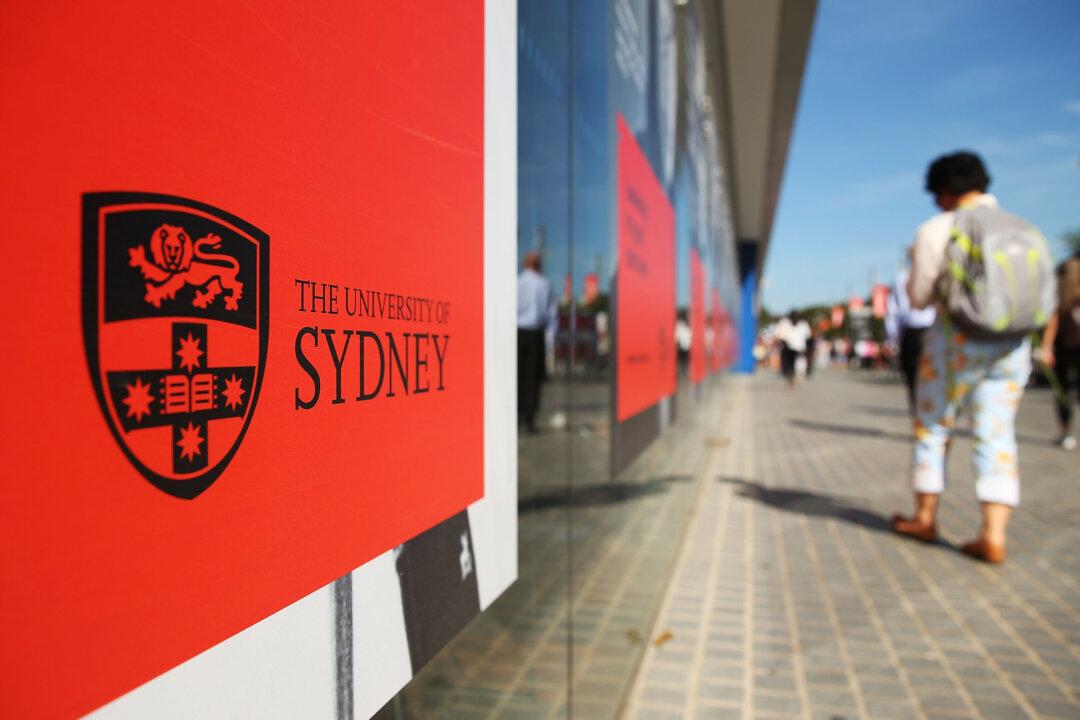University students raced to fork out more money to pay off their student debts to try to beat a deadline for a rise in Higher Education Contribution Scheme (HECS) interest.
More than three million Australians have been slugged with a 7.1 percent rise in their HECS debts after indexation was applied on June 1.





